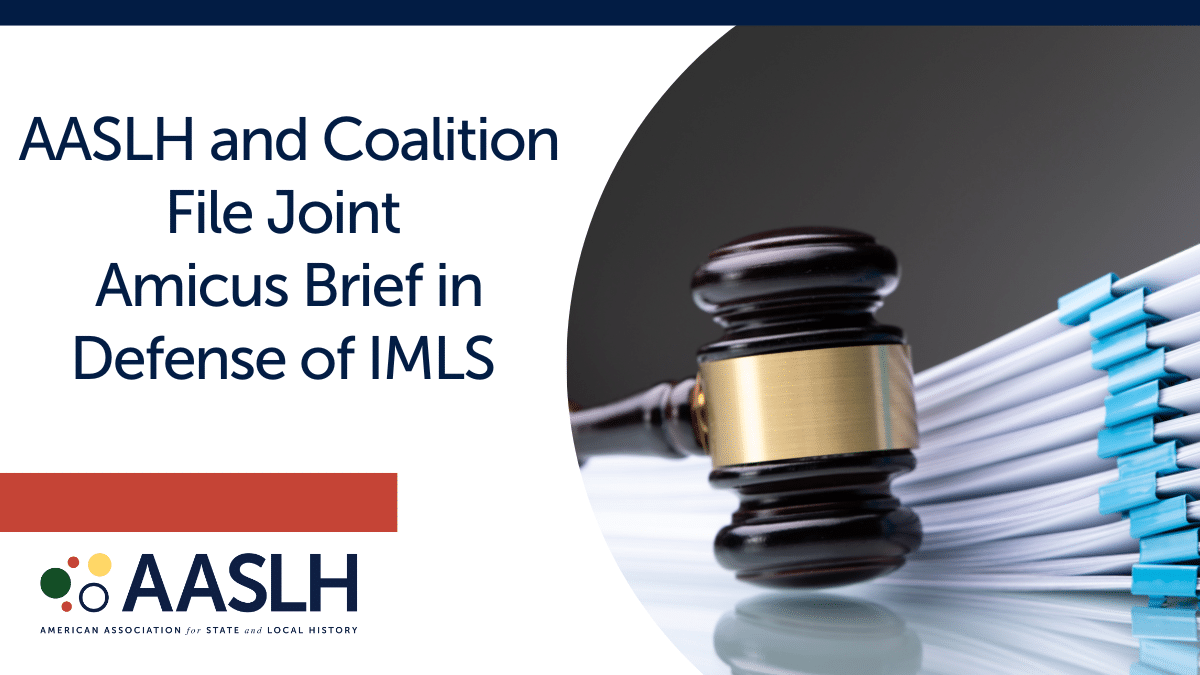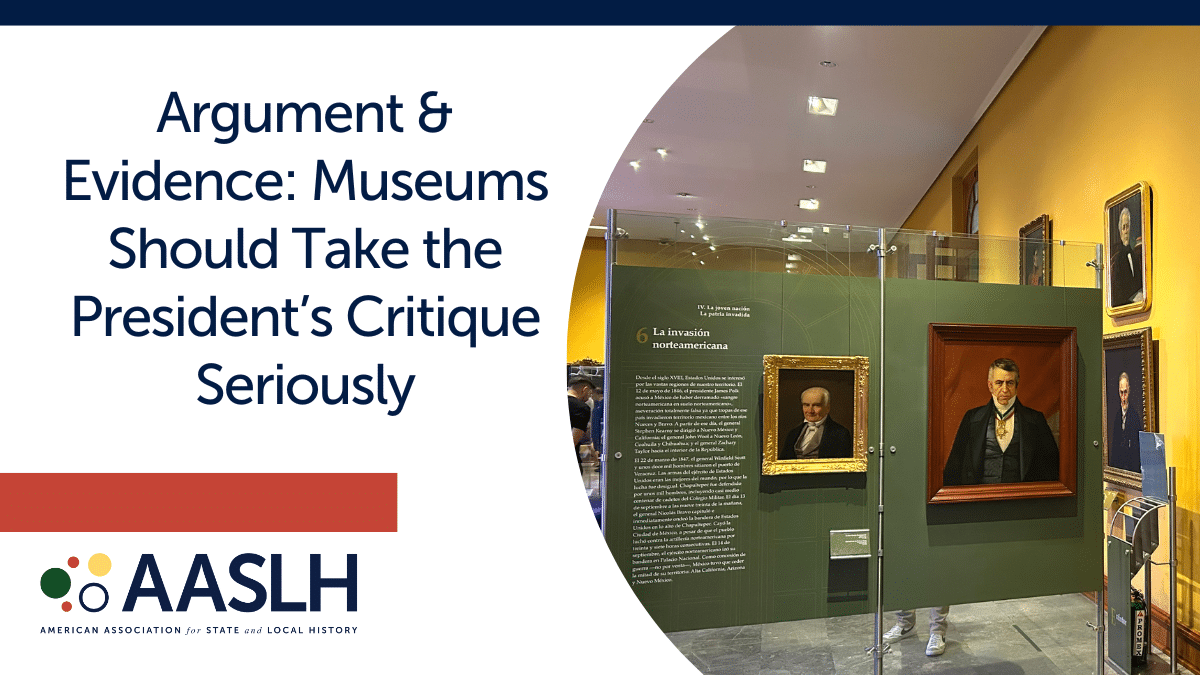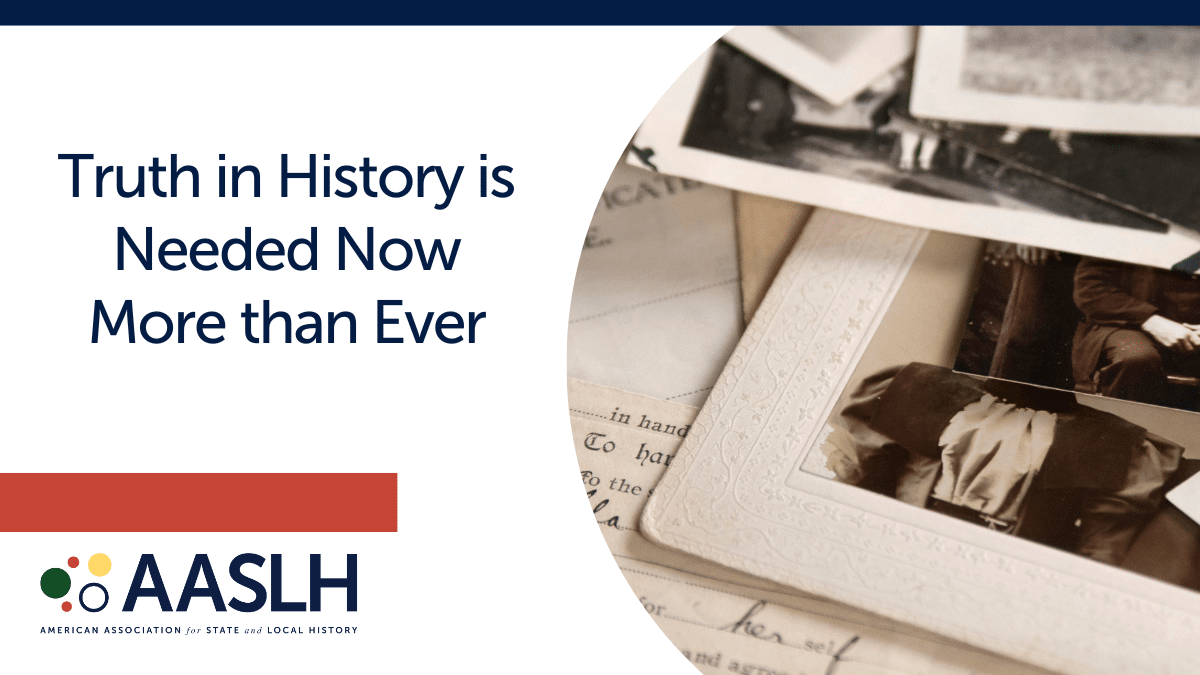
Free societies demand honest, open, and critical engagement with the past. When government restricts what history professionals should study or polices how historians should interpret and teach the past, it threatens the right and the duty of Americans to understand fully the nation’s history.
We all have a responsibility to engage with that history in its full complexity. Participatory democracy requires that we recognize not just the triumphs of our past, but the struggles and injustices that continue to shape the present. As historians and history organizations, we have a responsibility to work with the public to build more accurate, more complete understandings of the nation’s history. As we research, write, teach, study, and present history, we must listen to previously neglected voices and bear witness to the wrongs of our past. We must engage the public in the process of historical inquiry, critical thinking, and evidence-based analysis, showing that history has always been an ongoing process of revision.
We can grow to shape the future only by learning from both the mistakes and successes of the past, not by erasing or ignoring what is uncomfortable or inconvenient. To move forward as individuals, families, neighborhoods, states, and as a nation, we must clearly understand our ancestors in their resilience and heroism, as well as in their confusion and failings.
And we must do it together. History can offer us a shared foundation that unites us as a nation, but only if we recognize its complexity and deal forthrightly with the legacies we have inherited. In a few years Americans will begin to commemorate our 250th anniversary as the world’s longest running democratic republic. This anniversary offers us a chance to build a shared vision of the American past that is inclusive of the full range of perspectives and forces that have shaped our present. We are confident our community is up to the enormous and important task of helping create it.
History is powerful. The rigorous, inclusive, and relevant work being done by history professionals and historical organizations across our country is essential to a thriving democracy. AASLH is committed to upholding the standards of our field and to defending the work of our colleagues across the history enterprise.



